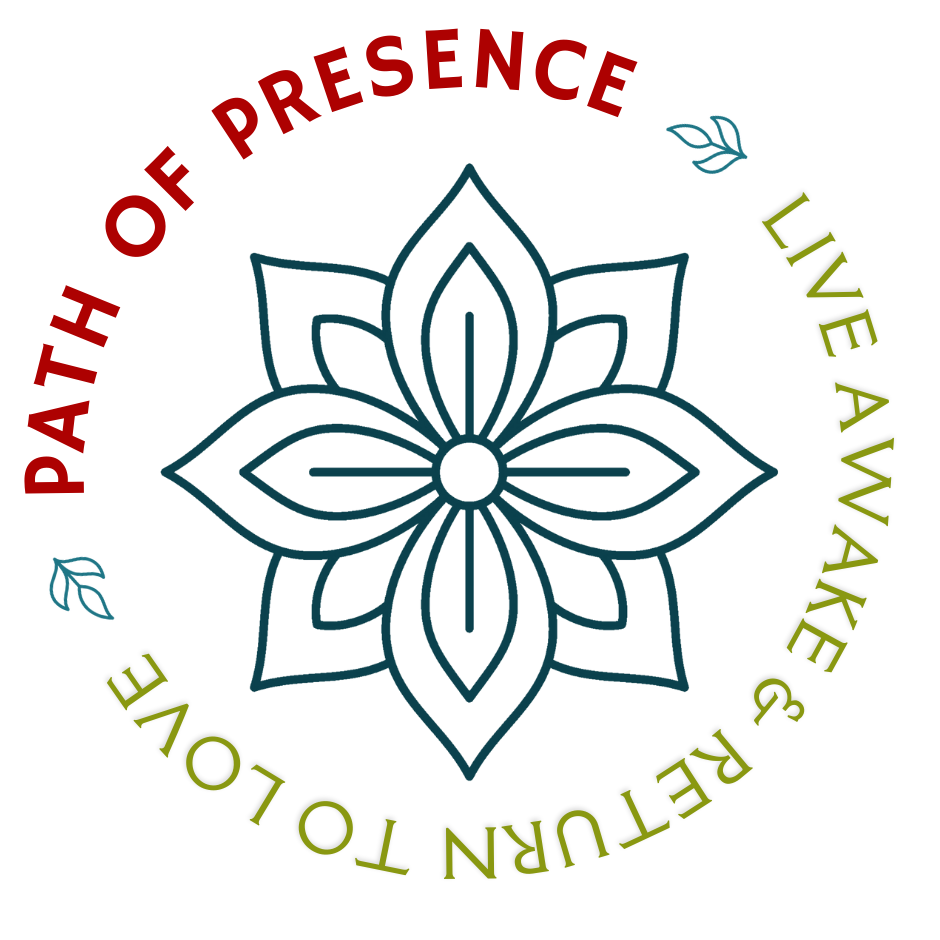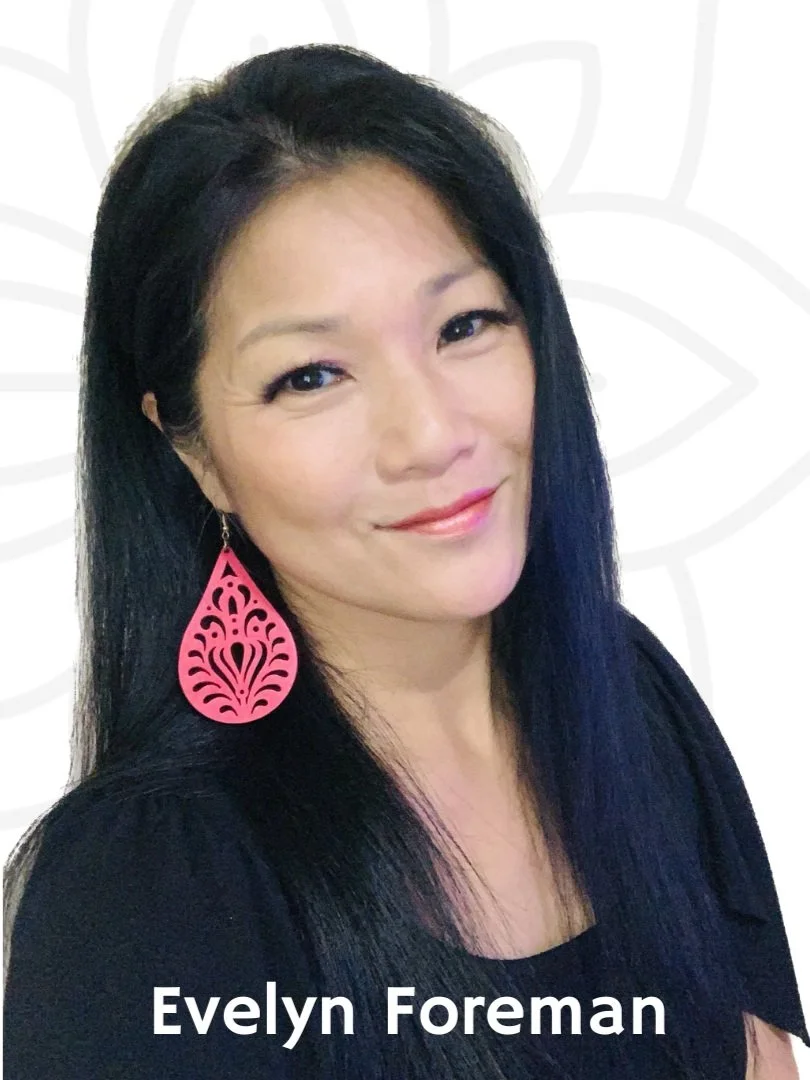8 Reasons to Respond With Thanks EVEN WHEN You Feel Ungrateful
/“Saying thank you as a spiritual practice does NOT mean “thanks for nothing” or as a comedic brush-off like the familiar American saying, “thank you, ma’am, may I have another.” Responding with Thank You is a way of honoring The Gift of the moment itself.”
Did someone just cut you off in traffic causing you to miss your turn?
Say “Thank You!”
Was someone rude to you at the grocery line for no reason at all?
Say “Thank You!”
Did you just miss the train by a hair?
Say “Thank You!”
If you’ve ever come to a situation that you’d rather not be in, and have an impulse to throw darts (even if it’s just in your head), know that it is a perfect and opportune time to open yourself up to a practice of giving thanks.
Everyone experiences frustration, irritation, and even mild anger when provoked. In times when you may want to cuss and curse, rather than responding with reaction, try something radically kind, and exceptionally different: respond with ‘Thank You.’
It sounds crazy, but the practice of saying Thank You is really an ingenious way of shifting your own energy from incoherent to coherent. Rather than letting a small instance in your day ruin the entire day, you are practicing your own personal power to shift a situation where you are victim to one of great empowerment.
Thank You as a Martial Art
Instead of being at the whim of your emotions when triggered, you can choose to use gratitude as emotional Aikido. Saying ‘Thank you” when we are emotionally triggered is a practice that can counteract negative reactions and impulses, arising from the need to defend.
Aikido is a Japanese martial art form with techniques that include redirecting an opponent’s attack momentum while also protecting them from injury.
When translated, the term Aikido is often recognized as "the way of unifying (with) life energy" or as "the way of harmonious spirit".
Saying thank you as a spiritual practice does NOT mean “thanks for nothing” or as a comedic brush-off like the familiar American saying, “thank you, ma’am, may I have another.” Responding with "Thank You' is a way of honoring The Gift of the moment itself.
Below are eight (8) reasons to give thanks even when (especially when) you feel ungrateful.
1. Deepening Spiritual Maturity
Saying ‘Thank You’ and really meaning it can deepen emotional maturity and build a lifelong foundation of compassion, for yourself and others.
All it takes is a quiet and sincere ‘thank you,’ whispered from our heart. It need not be aloud, so long as it is genuinely from the heart.
2. Freedom
The practice of gratitude, like forgiveness, is not about the other that may be before us. To forgive another, especially when there is no reason to, for example, frees us from our own prison of resentment and hostility.
RELATED: 10 to Zen :: Practice Surrender as a Path to Remembering
3. Generosity
Living with a truly grateful heart is about generosity. It frees us from any attachments of any return what-so-ever, releasing us from the scarcity mentality of 'tit for tat.'
RELATED: Happy People & The Inner World
4. Living Faith
Saying thank you, meaning it, and moving on is a practice of living faith. It frees you from being the general manager of the universe, releasing you from the need to punish others or correct another’s behavior.
RELATED: Gratitude Changes Everything
5. Grace
Saying thank you is a practice of grace and a practice of true surrender. It is a faith beyond logic and leads right to a peace that surpasses understanding.
In essence, you are allowing the powers that be (insert your word here for God, the universe, fairies, or otherwise) to take care of any backlash or karmic energy that needs to be paid or repaid.
RELATED: Begin Each Day With a Grateful Heart
The trick to saying thank you is not to be felicitous. It is to mean it when you say it, whole-heartedly.
6. Against the Grain
How does one go about saying thank you when one is in the throes of feeling deeply insulted, angry, irked by other?
Simply consider that whatever showed up is a cosmic way of either helping you grow or directing you to your truest, best noble self.
RELATED: Turn Your Life Around
7. Practice Will Help Us Immeasurably
We tend to attract situations and circumstances that we need, but not necessarily want, to help us grow in areas where we may be lacking.
These life lessons are tailored and specific. It is our own energy that calls up the situation and highlights it as we go in our path.
If a situation has no energy for us, there wouldn’t no trigger that sets us off, and therefore, nothing new to learn.
RELATED: Practice Gratefulness
8. A Gift...!
Yup, in this perspective, you truly owe that irritating person down the hall that you can’t stand a sincere ‘thank you.’
They have something to teach you: a gift and life lesson about yourself, maybe even how you can rise above the emotional trigger of irritation, transform it and harmonizing it do it integrates into the goodness of your being.
RELATED: The Real Gift of Gratitude
Being grateful is not about the other. Being grateful is about being right with ourselves and our universe. When we shift our perspective from victim to victor, we a live a life of awe - and bonafide miracles unfold before us. ith gratitude, we are able to accept, to release and to move on.
I leave you lastly with three words to ponder: "War begets war."
What do you think?
Have you ever opened yourself to this radically, totally unreasonable practice of gratitude?
What comes up for you from reading this post, either about radical thanksgiving, or the three words I've left as a closing?
If you have tried this practice before, please share your insights.
If you have not engaged in gratitude in this way, you are invited to give it a try!
Instructions for a radical, transformative practice of gratitude.
Find a quiet space where you will be undisturbed for at least 10 minutes. Breathing into your heart, recall a situation where you felt really ungrateful - perhaps a circumstance where you felt your heart tighten. Simply breath into the sensation, and visualize your heart softening as you reclaim, with your breath, your dignity, yourself and your tenderness. What do you see? Do you recognize your vulnerability? Humanity? Pain? Wounding? As you recognize what hurt the pain that may have brought to light, give thanks, simply for the awareness of what has come up. This awareness of your gift. Knowing this is a clue - it is the sacred path to healing, and to coming home to yourself. Namaste.








![Lifestyle & Longevity [Podcast, Unity Online Radio]](https://images.squarespace-cdn.com/content/v1/591b56cb37c58131b907153c/1521757940908-IE849NAPXRN34YGX2FWF/Linda-2+PIN.png)
